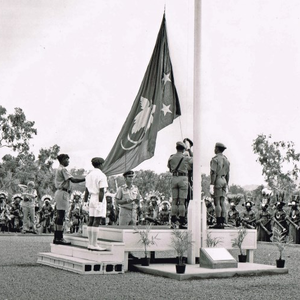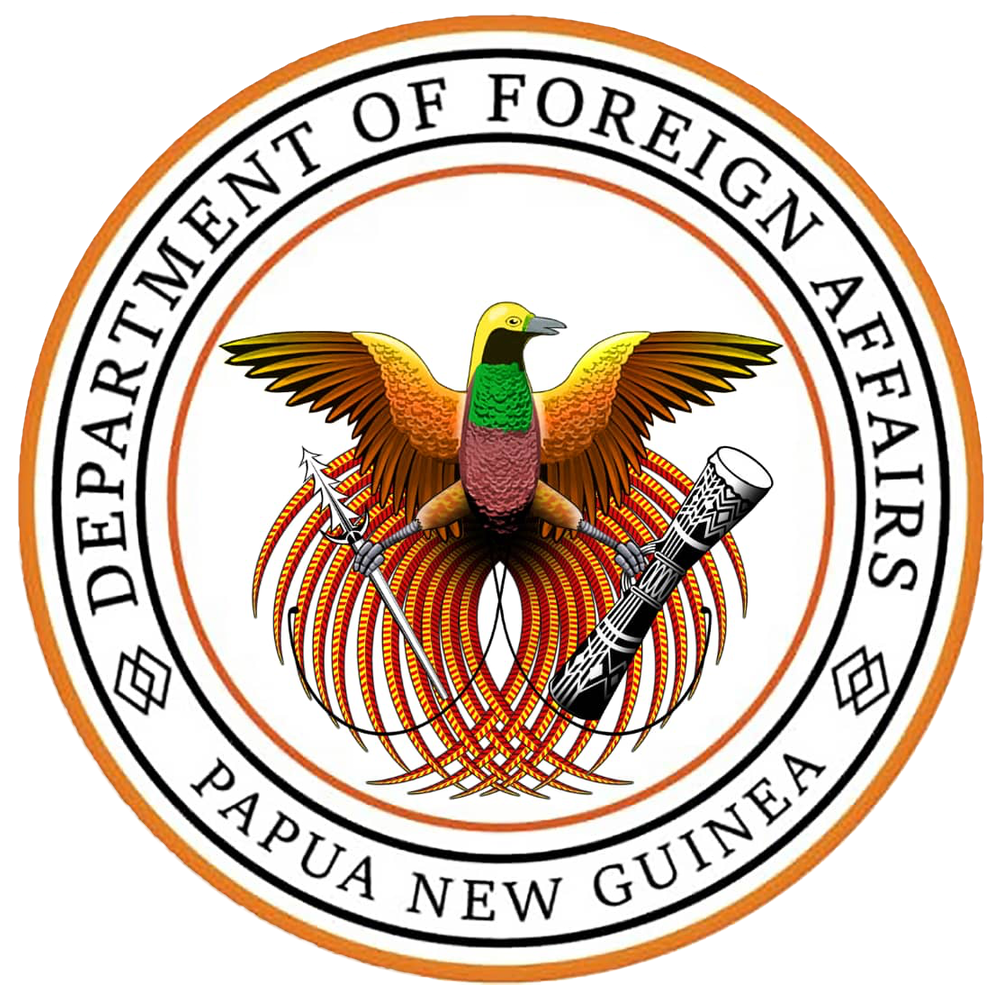About PNG: Local Government
The local government structure of Papua New Guinea (PNG) is a critical component of the nation's governance, providing essential services and representation at the community level. The local government system in PNG is decentralized, reflecting the country's commitment to empowering communities and addressing the diverse needs of its population.
The Local Level Governments (LLGs) are the primary units of local government in PNG. LLGs are further subdivided into wards, and each LLG is headed by a president. The LLG system was introduced to decentralize decision-making and promote local participation in governance. It plays a vital role in addressing the unique challenges and priorities of different regions across the country.
Local governments in PNG have responsibilities that include the delivery of basic services, infrastructure development, and community development projects. These services range from education and healthcare to maintaining local roads and promoting agricultural activities. Local leaders, including LLG presidents and ward councillors, are elected to represent the interests of their communities.
The Provincial Governments, another layer of local administration, operate at a higher level than LLGs. PNG is divided into 22 provinces, each headed by a governor. Provincial Governments play a coordinating role in managing resources, implementing development plans, and liaising with the national government to address regional issues.
Local government elections are held regularly, providing citizens with the opportunity to elect their representatives at both the LLG and Provincial Government levels. These elections contribute to the democratic process, allowing communities to have a voice in shaping local policies and priorities.
Challenges exist within the local government system, including issues related to resource allocation, capacity building, and the equitable distribution of services. Some remote and rural areas face difficulties in accessing essential services due to geographical constraints and limited infrastructure. Efforts are ongoing to address these challenges and enhance the effectiveness of local governance.
The concept of community-driven development is gaining prominence in PNG's local government system. Community Development Authorities (CDAs) empower communities to take an active role in identifying and implementing projects that align with their needs. This approach fosters a sense of ownership and encourages sustainable development practices.
Local governments in PNG are instrumental in disaster response and recovery. Given the country's susceptibility to natural disasters such as earthquakes, floods, and volcanic eruptions, local authorities play a crucial role in coordinating emergency responses and facilitating recovery efforts at the grassroots level.
Cultural diversity is a defining aspect of Papua New Guinea, and local governments play a key role in preserving and promoting indigenous cultures. Community-led initiatives, supported by local authorities, contribute to the preservation of traditional practices, languages, and customs, ensuring cultural continuity.
Collaboration between local, provincial, and national levels of government is essential for effective governance in PNG. The Intergovernmental Relations Framework provides a framework for cooperation and coordination, facilitating communication and joint planning to address the complex challenges facing the nation.
In summary, the local government system in Papua New Guinea is a multi-tiered structure that empowers communities to actively participate in their own development. Through Local Level Governments, Provincial Governments, and community-driven initiatives, PNG's local governance system strives to address the diverse needs of its population while preserving the rich cultural tapestry of the nation.

